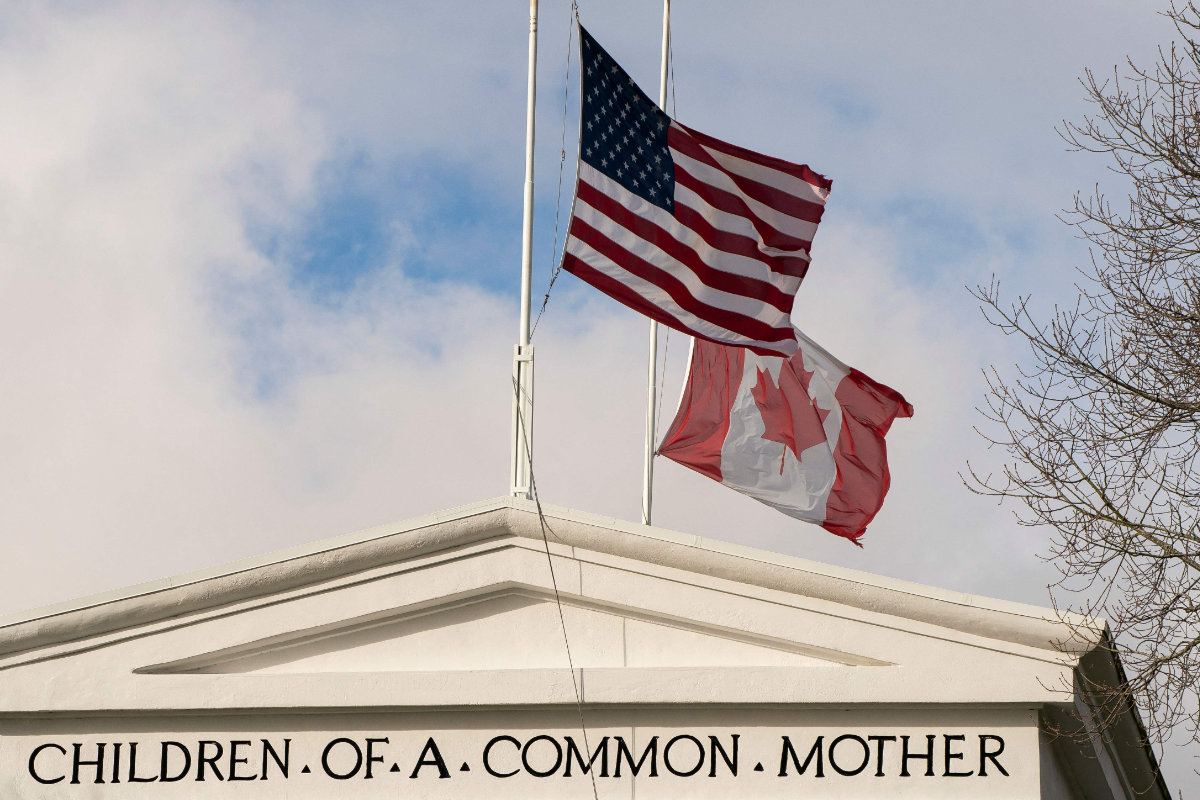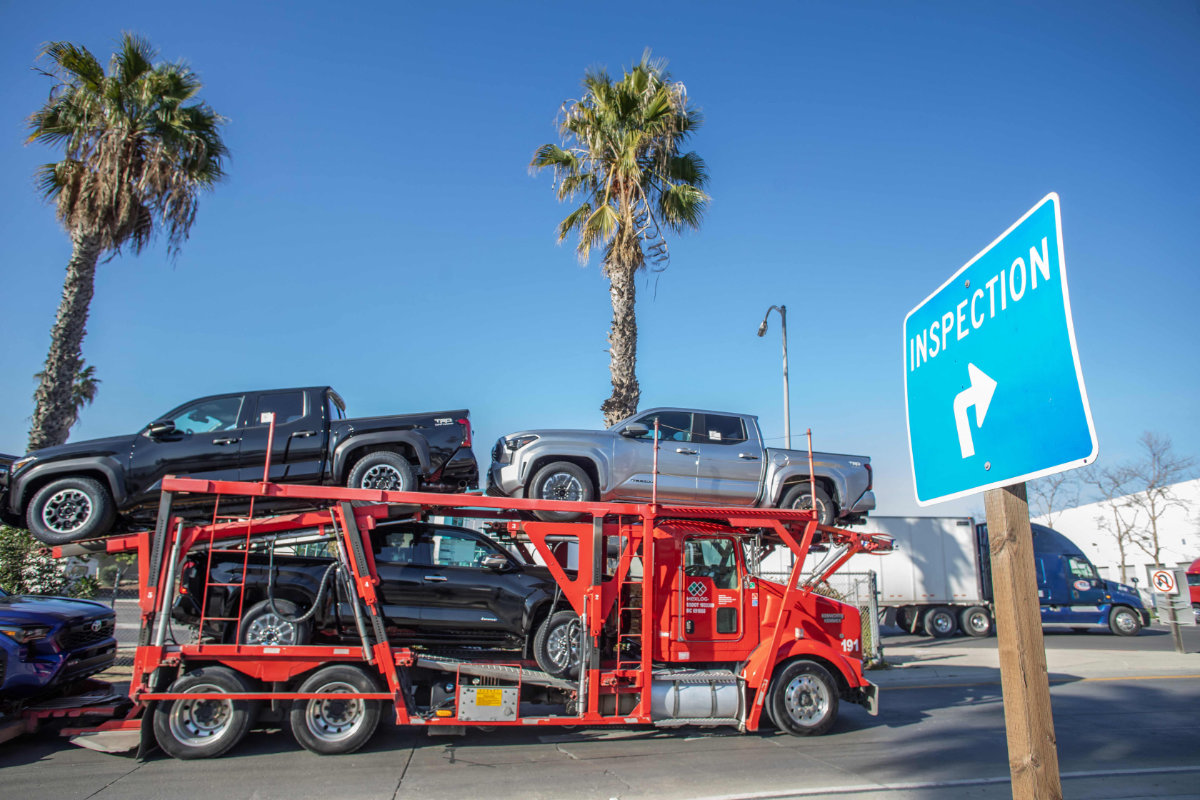WELLINGTON, New Zealand: He emerged on the information security scene in the 1990s as a “famous teenage hacker” following what he called an ” itinerant minstrel childhood” beginning in Townsville, Australia. But the story of Julian Assange, eccentric founder of secret-spilling website WikiLeaks, never became less strange — or less polarizing — after he jolted the United States and its allies by revealing secrets of how America conducted its wars.
Since Assange drew global attention in 2010 for his work with prominent news outlets to publish war logs and diplomatic cables that detailed US military wrongdoing in Iraq and Afghanistan, among other matters, he has provoked fervor among his admirers and loathing from his detractors with little in-between — seen either as a persecuted hero for open and transparent government, or a villain who put American lives at risk by aiding its enemies, and prompting fraught debates about state secrecy and freedom of the press.
Assange, 52, grew up attending “37 schools” before he was 14 years old, he wrote on his now-deleted blog. The details in it are not independently verifiable and some of Assange’s biographical details differ between accounts and interviews. A memoir published against his will in 2011, after he fell out with his ghostwriter, described him as the son of roving puppeteers, and he told The New Yorker in 2010 that his mother’s itinerant lifestyle barred him from a consistent or complete education. But by the age of 16, in 1987, he had his first modem, he told the magazine. Assange would burst forth as an accomplished hacker who with his friends broke into networks in North America and Europe.
In 1991, aged 20, Assange hacked a Melbourne terminal for a Canadian telecommunications company, leading to his arrest by the Australian Federal Police and 31 criminal charges. After pleading guilty to some counts, he avoided jail time after the presiding judge attributed his crimes to merely “intelligent inquisitiveness and the pleasure of being able to – what’s the expression? – surf through these various computers.”
He later studied mathematics and physics at university, but did not complete a degree. By 2006, when he founded WikiLeaks, Assange’s delight at being able to traverse locked computer systems seemingly for fun developed into a belief that, as he wrote on his blog, “only revealed injustice can be answered; for man to do anything intelligent he has to know what’s actually going on.”
In the year of WikiLeaks’ explosive 2010 release of half a million documents about the wars in Iraq and Afghanistan, the non-profit organization’s website was registered in Sweden and its legal entity in Iceland. Assange was “living in airports,” he told The New Yorker; he claimed his media company, with no paid staff, had hundreds of volunteers.
He called his work a kind of “scientific journalism,” Assange wrote in a 2010 op-ed in The Australian newspaper, in which readers could check reporting against the original documents that had prompted a story. Among the most potent in the cache of files published by WikiLeaks was video of a 2007 Apache helicopter attack by American forces in Baghdad that killed 11 people, including two Reuters journalists.
Assange was not anti-war, he wrote in The Australian.
“But there is nothing more wrong than a government lying to its people about those wars, then asking these same citizens to put their lives and their taxes on the line for those lies,” he said. “If a war is justified, then tell the truth and the people will decide whether to support it.”
US prosecutors later said documents published by Assange included the names of Afghans and Iraqis who provided information to American and coalition forces, while the diplomatic cables he released exposed journalists, religious leaders, human rights advocates and dissidents in repressive countries.
Assange said in a 2010 interview that it was “regrettable” that sources disclosed by WikiLeaks could be harmed, prosecutors said. Later, after a State Department legal adviser informed him of the risk to “countless innocent individuals” compromised by the leaks, Assange said he would work with mainstream news organizations to redact the names of individuals. WikiLeaks did hide some names but then published 250,000 cables a year later without hiding the identities of people named in the papers.
Weeks after the release of the largest document cache in 2010, a Swedish prosecutor issued an arrest warrant for Assange based on one woman’s allegation of rape and another’s allegation of molestation.
Assange has always denied the accusations and, from Britain, fought efforts to extradite him to Sweden for questioning. He decried the allegations as a smear campaign and an effort to move him to a jurisdiction where he might be extradited to the US
When his appeal against the extradition to Sweden failed, he breached his bail imposed in Britain and presented himself to the Ecuadorian Embassy in London, where he claimed asylum on the grounds of political persecution. There followed seven years in self-exile inside the embassy — and one of the most unusual chapters in an already strange tale.
Refusing to go outside, where British police awaited him around the clock, Assange made occasional forays onto the embassy’s balcony to address supporters.
With a sunlamp and running machine helping to preserve his health, he told The Associated Press and other reporters in 2013, he remained in the news due to a stream of celebrity visitors, including Lady Gaga and the designer Vivienne Westwood. Even his cat became famous.
He also continued to run WikiLeaks and mounted an unsuccessful Australian senate campaign in 2013 with the newly founded WikiLeaks party. Before a constant British police presence around the embassy was removed in 2015, it cost UK taxpayers millions of dollars.
But relations with his host country soured, and the Ecuadorian Embassy severed his Internet access after posts Assange made on social media. In 2019, his hosts revoked his asylum, allowing British police to arrest him.
Ecuador’s President Lenin Moreno said he decided to evict Assange from the embassy after “repeated violations to international conventions and daily-life protocols.” He later lashed out at him during a speech in Quito, calling the Australian native a “spoiled brat” who treated his hosts with disrespect.
Assange was arrested and jailed on a charge of breaching bail conditions and spent the next five years in prison as he continued to fight his extradition to the United States.
In 2019, the US government unsealed an indictment against Assange and added further charges over WikiLeaks’ publication of classified documents. Prosecutors said he conspired with US Army intelligence analyst Chelsea Manning to hack into a Pentagon computer and release secret diplomatic cables and military files on the wars in Iraq and Afghanistan. Manning had served seven years of a 35-year military sentence before receiving a commutation from then-President Barack Obama.
At the time, Australia’s then-Prime Minister Scott Morrison said he had no plans to intervene in Assange’s case, calling it a matter for the US The same year, Swedish prosecutors dropped the rape allegation against Assange because too much time had elapsed since the accusation was made over nine years earlier.
As the case over his extradition wound through the British courts over the following years, Assange remained in Belmarsh Prison, where, his wife told the BBC on Tuesday, he was in a “terrible state” of health.
Assange married his partner, Stella Moris, in jail in 2022, after a relationship that began during Assange’s years in the Ecuadorian Embassy. Assange and the South Africa-born lawyer have two sons, born in 2017 and 2019.
Who is Julian Assange, the polarizing founder of the secret-spilling website WikiLeaks?
https://arab.news/npurr
Who is Julian Assange, the polarizing founder of the secret-spilling website WikiLeaks?

- Assange drew global attention in 2010 publishing war logs and diplomatic cables detailing US military wrongdoing in Iraq and Afghanistan
- He is seen either as a persecuted hero for open and transparent government, or a villain who put American lives at risk




























